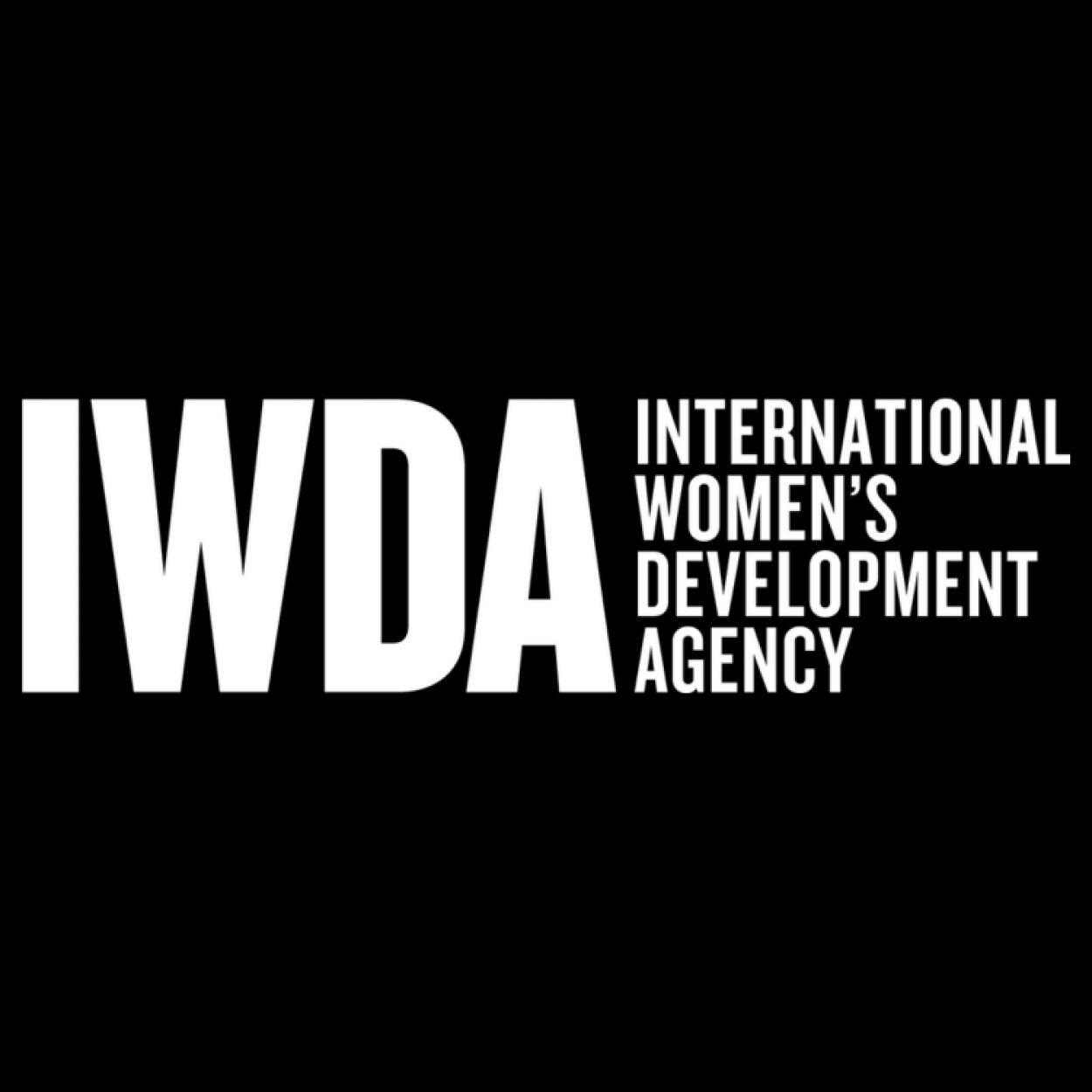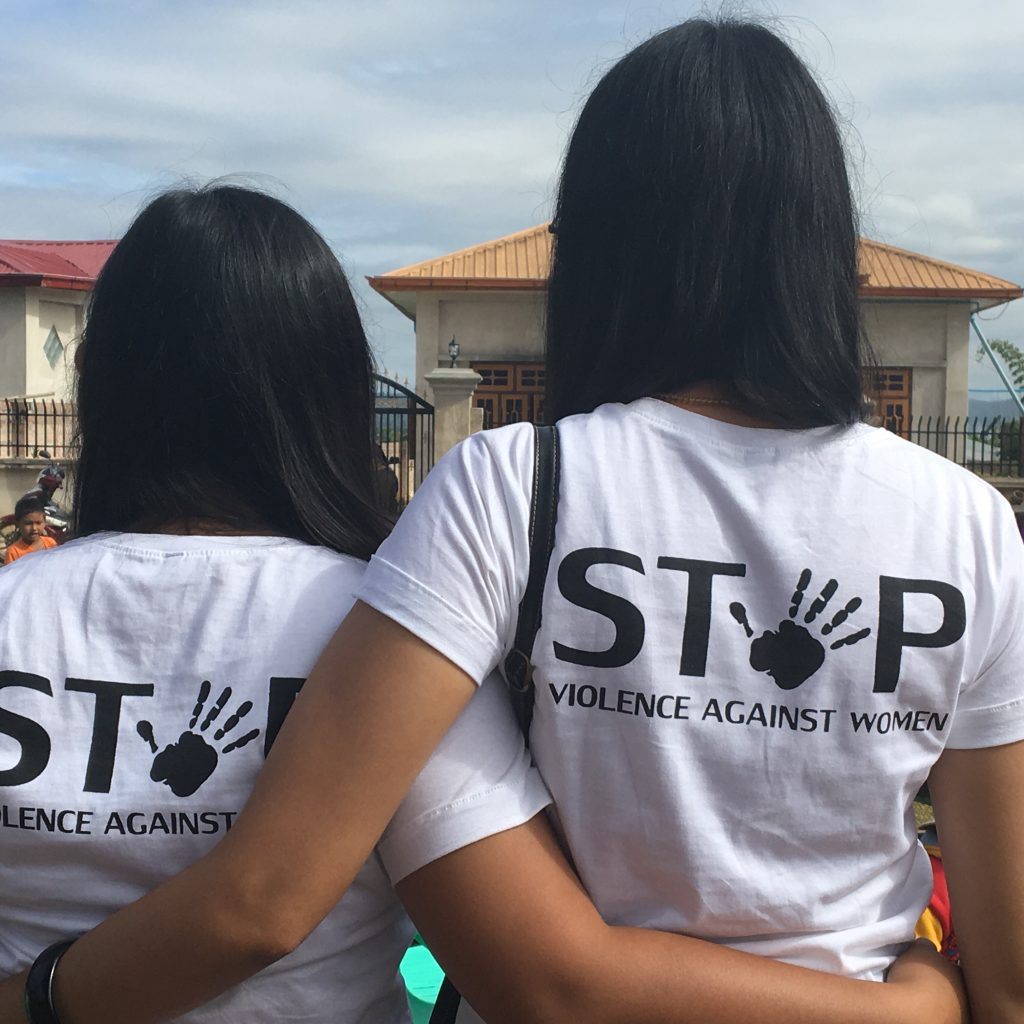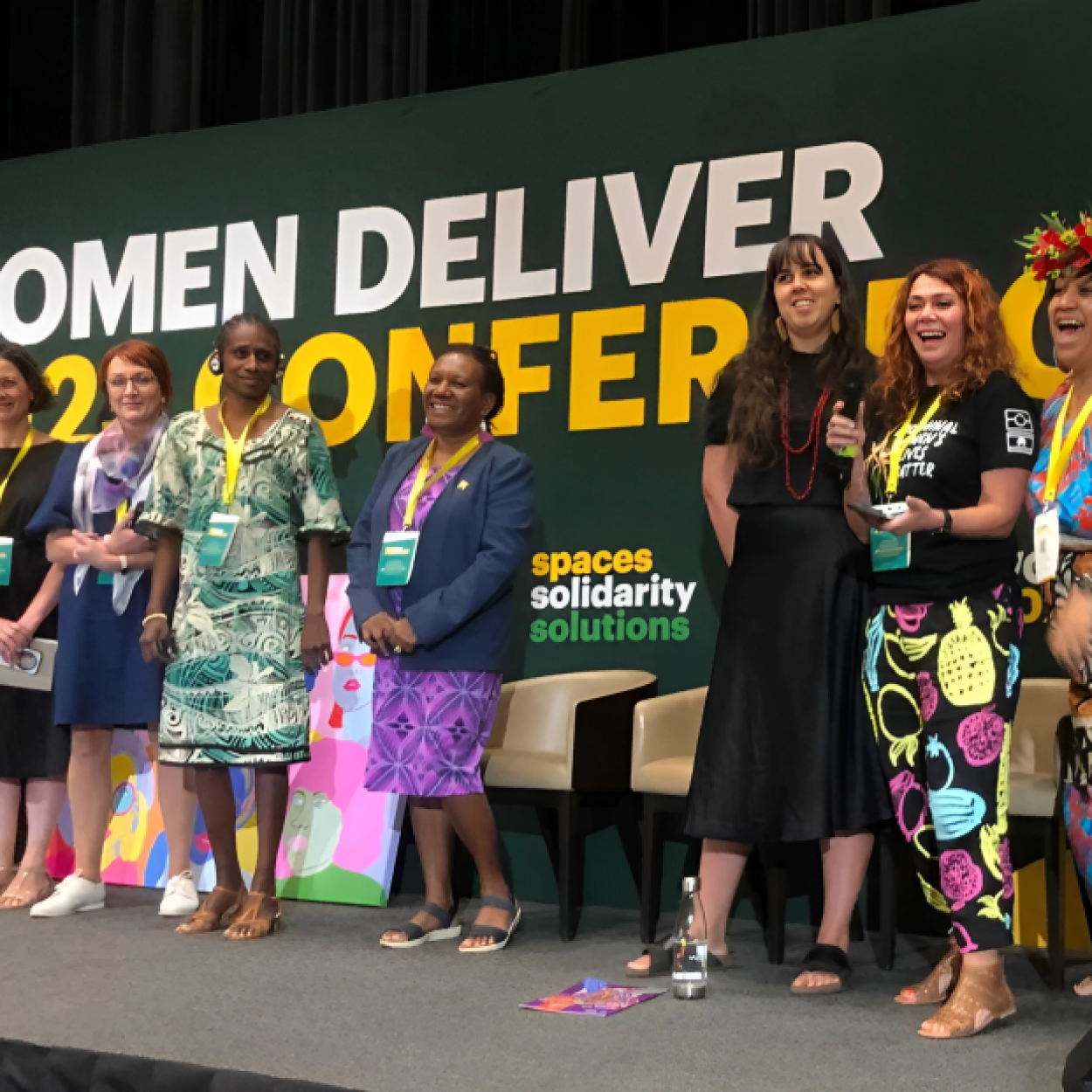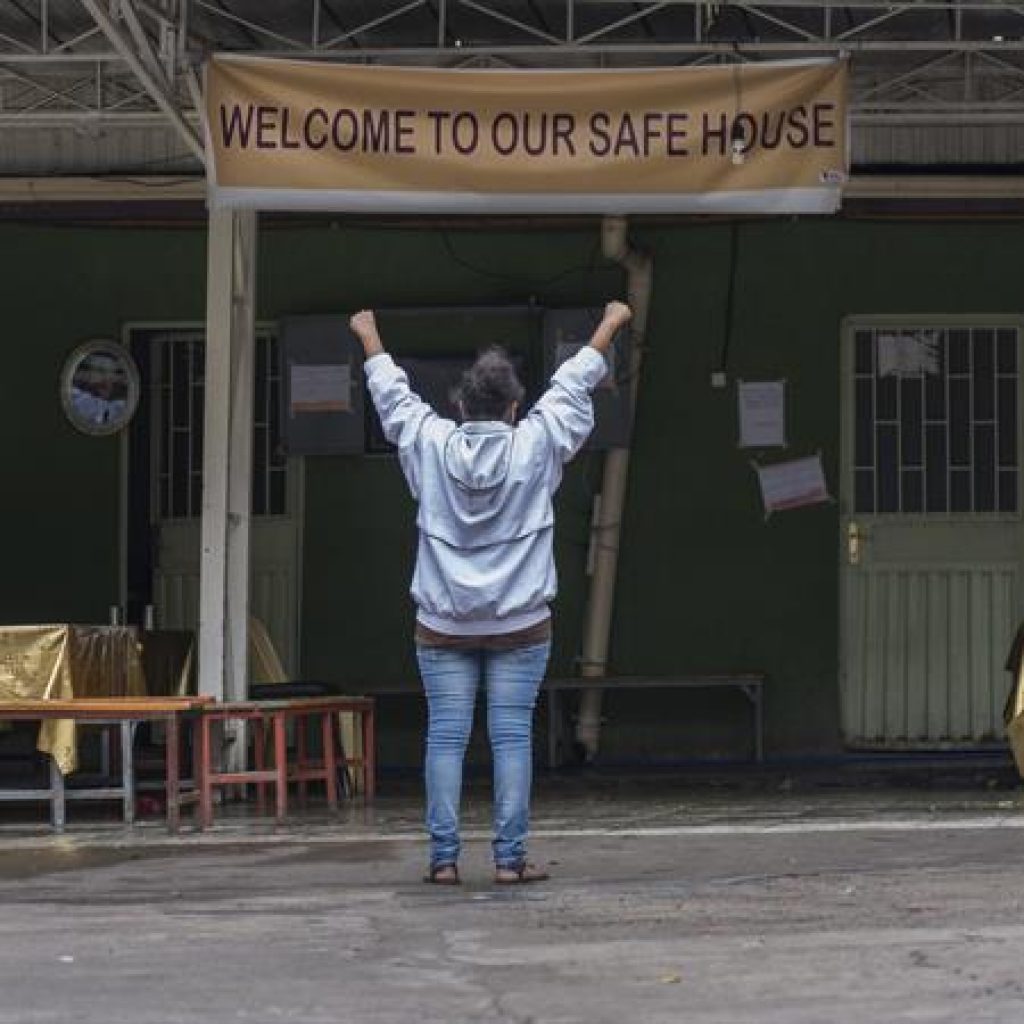
Meet the Movement: Barbara Dockalova, Womankind Worldwide
Womankind is a UK-based international women’s rights charity working to help women transform their lives in Africa, Asia and Latin America. Like IWDA, they work with partners in-country to provide direct support for women and girls, from a safe place to escape violence or information about their rights to leadership training or funding to start their own business.
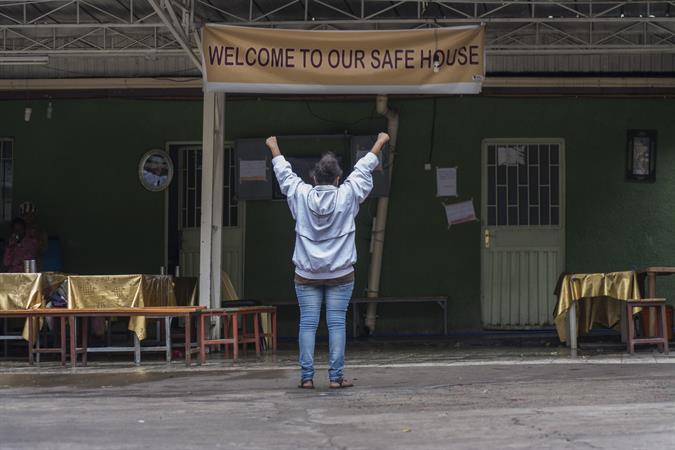
The women’s rights movement isn’t specific to one organisation, one country, or one issue. It’s a global network of solidarity united by the common goal of advancing women’s rights. This 16 Days, we’re featuring some of the sisters we work alongside globally. Women’s rights organisations and networks all over the world are working to eliminate gender-based violence and as a movement we are stronger together.
Long-term change takes time – changing attitudes, beliefs, norms and practices that underpin gender inequality and violence against women is a slow process. Without long-term funding, it’s difficult for women’s rights organisations, particularly smaller local organisations, to sustain the movement building work that drives progress towards gender equality. Women’s rights organisations frequently fill gaps in service provision for women such as holistic women-only support for female survivors of violence which focuses on both immediate priorities as well as women’s empowerment to support their own long term recovery.
Womankind is a UK-based international women’s rights charity working to help women transform their lives in Africa, Asia and Latin America. Like IWDA, they work with partners in-country to provide direct support for women and girls, from a safe place to escape violence or information about their rights to leadership training or funding to start their own business.
Womankind Worldwide’s Policy and Advocacy Manager for Violence Against Women and Girls, Barbara Dockalova, discusses the power and importance of funding women-only services to support women and girls experiencing violence.
“Never doubt that a small group of thoughtful committed citizens can change the world. Indeed, it is the only thing that ever has.” – Margaret Mead
For the past 15 years, from 25 November (International Day for the Elimination of Violence Against Women) up to Human Rights Day (10 December), we have marked the 16 Days of Activism against gender-based violence. Violence against women and girls persists across the world with over a third of women experiencing violence in their lifetime. Millions of women are subject to sexual violence by their husbands and partners, leading to a wide range of physical, mental, and sexual health problems affecting families and entire communities.
Violence against women isn’t going away. We continue to see crimes against women be prevalent across the world. In today’s political and socio-economic climate, the hopes of millions of women and girls are diminishing and they cannot fully exercise their rights. For this, we need laws in place to protect women from harm, for the laws to be fully implemented, and for big shifts in norms, attitudes and behaviours to take place.
For women who survive violence, access to high quality, holistic services that protect and empower them to be independent and self-sufficient is a crucial first step in building a world free from violence.
The power of women-only services
I am proud to have recently joined Womankind as a Policy and Advocacy Manager for Violence Against Women and Girls. Womankind puts women at the forefront of its work by supporting powerful and committed women’s rights organisations to fight for a world where women have equal choices, opportunities and rights to thrive in all elements of society. These organisations play a key role in advocating for women’s rights issues through policy change and community-based interventions and are making life changing differences to women and girls across the globe.
One aspect of our partners’ work is running shelters that provide fundamental services to women. The shelters respond to the multiple needs and wishes of women and girl survivors of violence, including accommodation, health care, counselling and facilitating access to police and justice. But they are a lot more than that. They also provide a safe space for women to learn new vocational and life skills that empower them rebuild their lives and live independently, with their own income.
Womankind’s report ‘More than a roof’ gives insights into the holistic shelter services by our partners AWSAD (Association of Women’s Sanctuary and Development) in Ethiopia and Musasa in Zimbabwe. The hard work and commitment of our partners to sustain these shelters is having a positive impact for women and their communities.
More action is needed
Demand for services is high, and outstrips what most organisations have the funding to deliver. In order for women’s rights organisations such as Musasa and AWSAD to continue providing specialist services, it is important that they receive substantial and flexible funding that allows them to adapt services to their local context.
Donors need to consider using flexible funding schemes that gives women rights organisations the autonomy to define their agenda and priorities to accomplish their vision and mission. Short term funding, which these organisations currently get, is simply not enough. In order to continue the essential and successful shelter services, organisations need to receive sustainable sources of funds so they can recruit more staff and stop turning away women due to overcrowding.
There also needs to be a better system established to showcase value for money principles, looking at the multi-dimensional benefits of violence against women services and the impact it has on women and girls themselves. Lastly, governments need to work with specialist women’s organisations to better understand the gaps for women survivors to access justice and provide comprehensive training services for judges, prosecutors and the police.


